

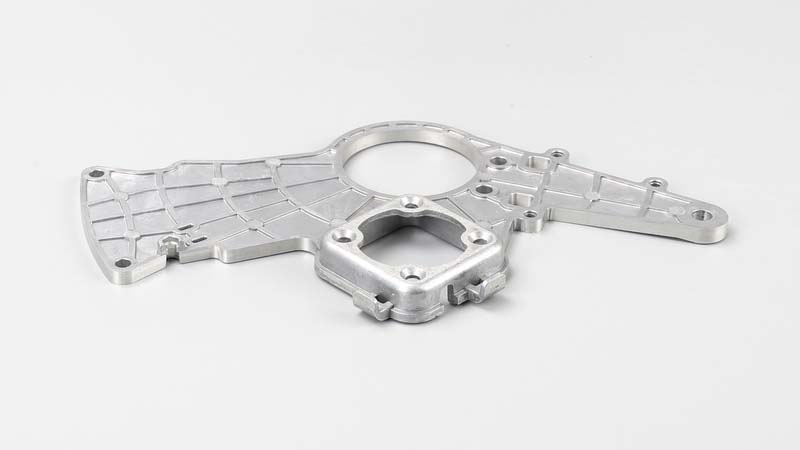
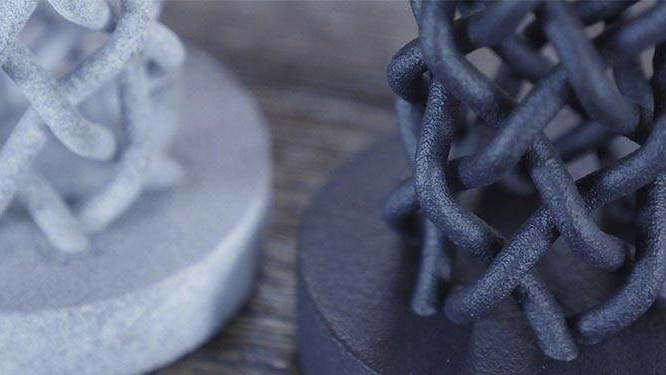
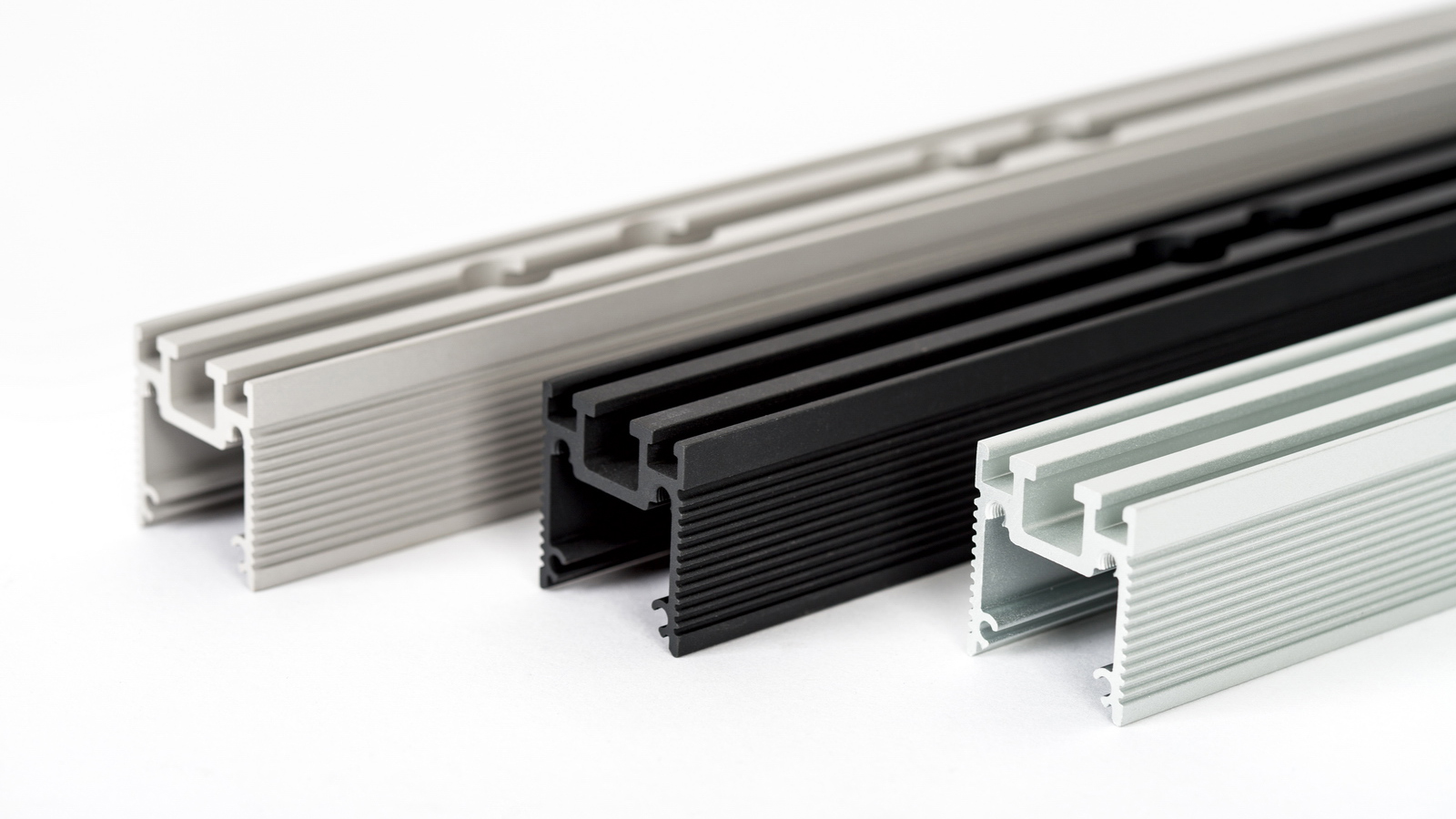
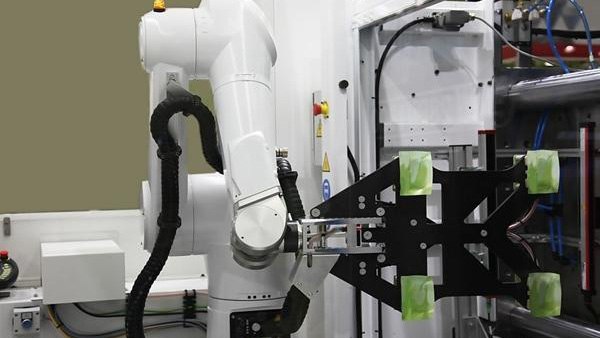
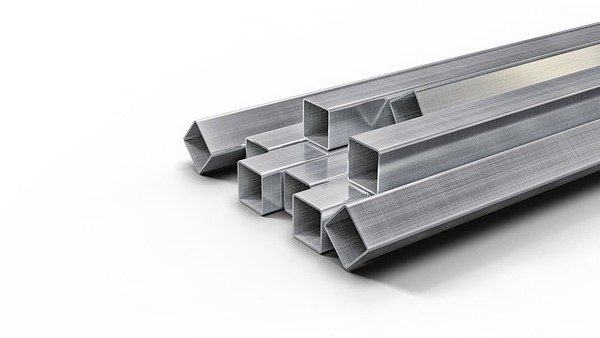
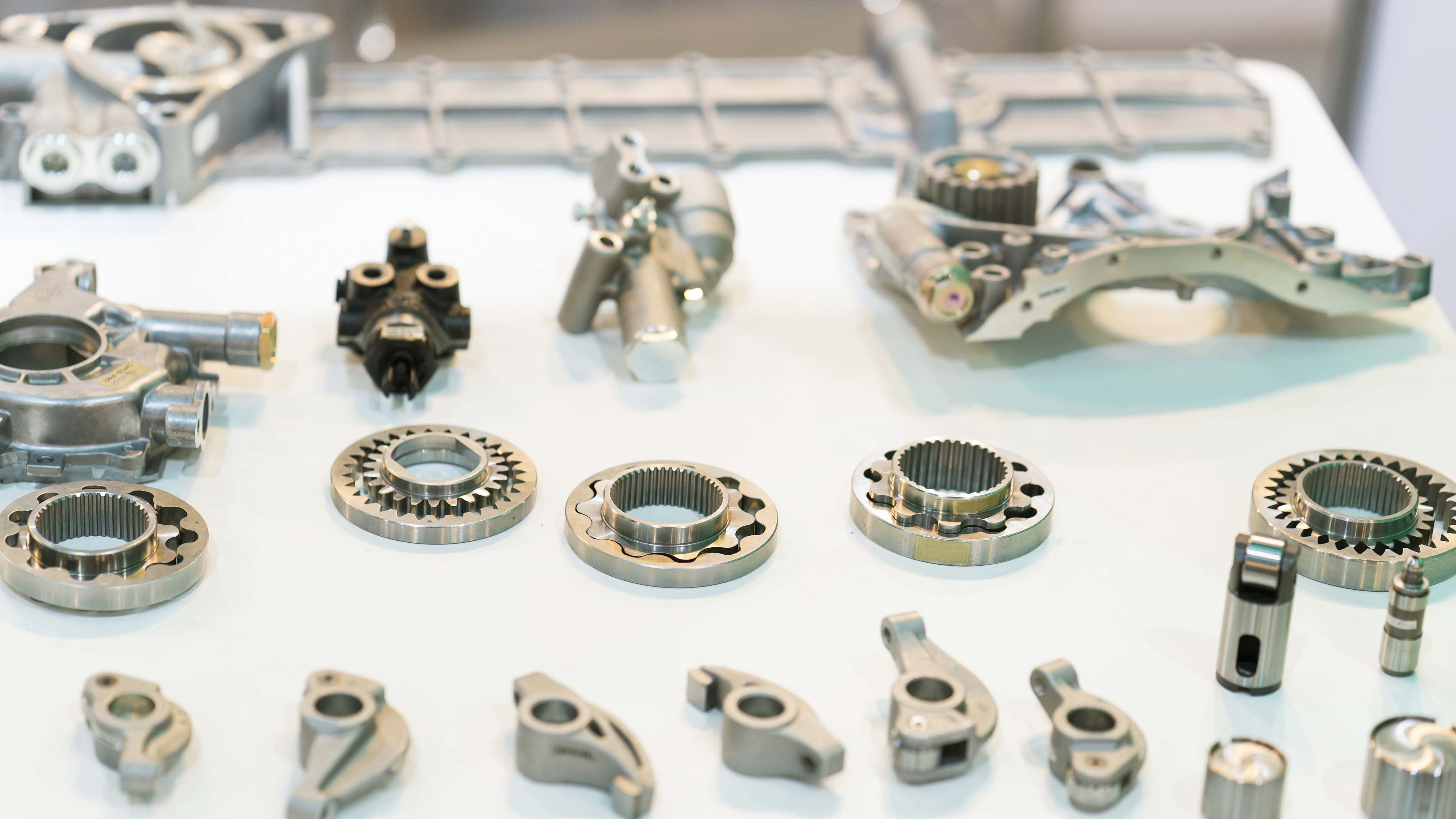
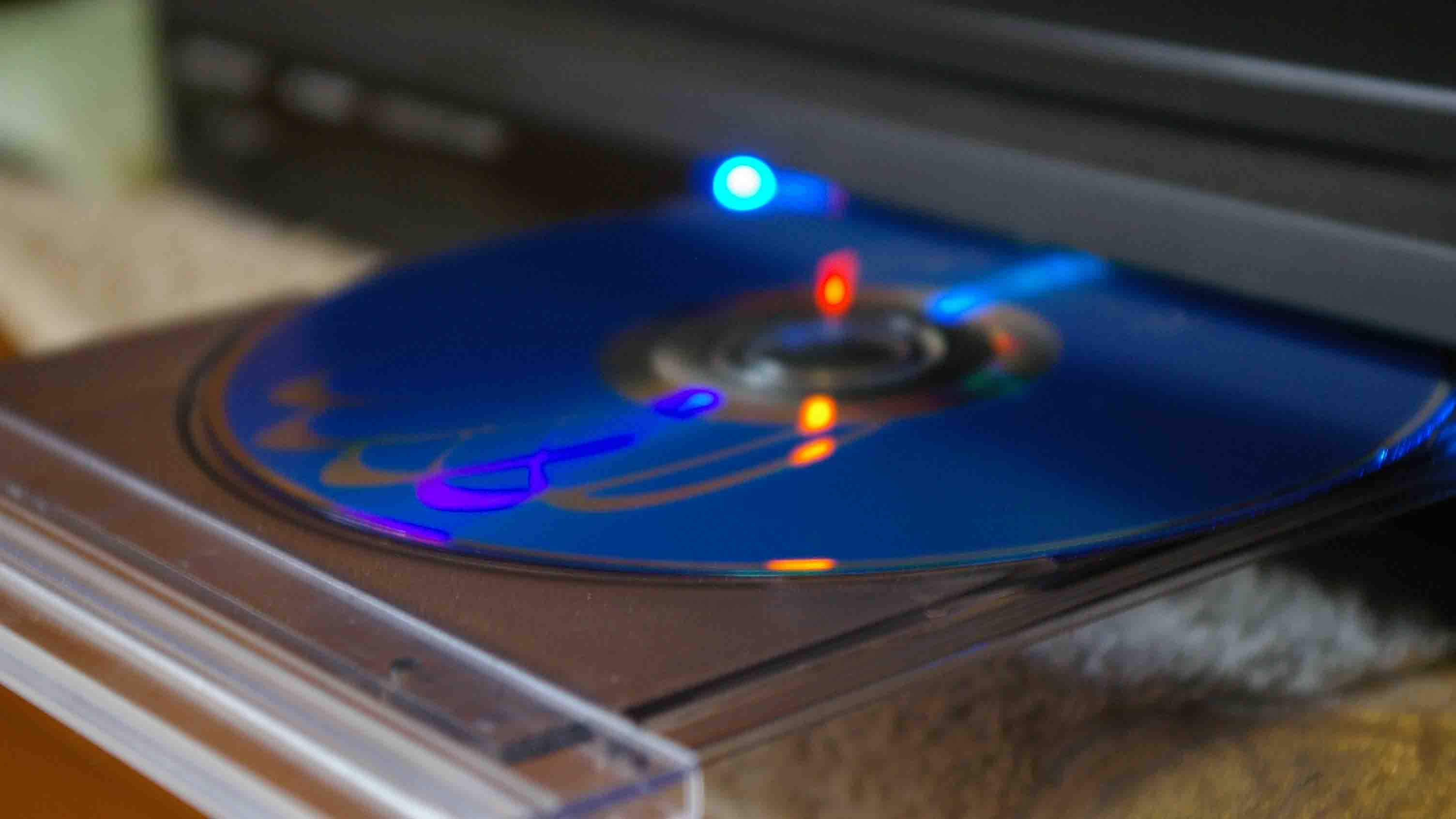
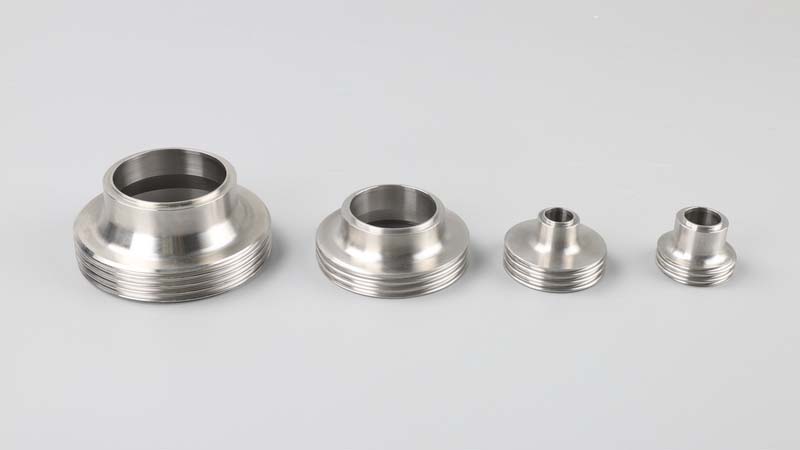
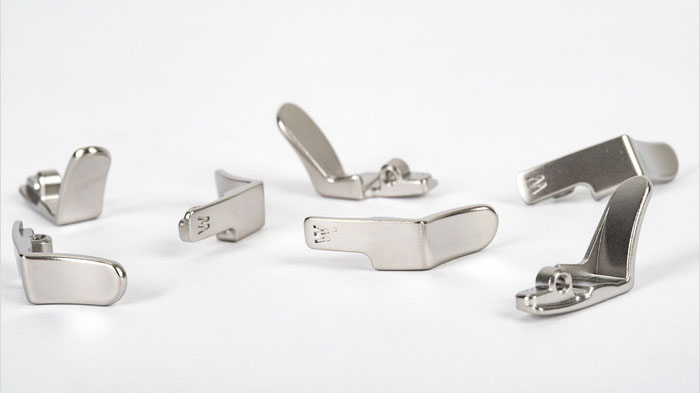
PMMA material is commonly known as plexiglass, acrylic, etc., and its chemical name is polymethylmethacrylate. It is a kind of non-toxic and environmental friendly material. It is often used as acrylic plate, acrylic plastic particles, acrylic light box, signboard, acrylic bathtub, etc. the automotive field is mainly automotive tail lights, signal lights, instrument panels, etc., the pharmaceutical industry (blood storage containers), industrial applications (DVDs, light diffusers), Buttons of electronic products (especially transparent), daily consumer goods (beverage cups, stationery, etc.).

PMMA is an amorphous polymer with Tg of 105 ℃, melting temperature of more than 160 ℃, and decomposition temperature of more than 270 ℃. Therefore, the molding temperature range is wide.
PMMA in molten state shows high melt viscosity and poor fluidity, and melt viscosity is sensitive to temperature changes. The influence of the change of injection temperature on the melt flow length is more significant than that of injection pressure, and more significant than that of injection rate and mold temperature. Therefore, changing the fluidity of PMMA molding mainly starts from the injection temperature.
PMMA has certain hydrophilicity. The water absorption of its particles is up to 0.3% - 0.4%. The existence of water makes bubbles appear in the melt. The resulting products have silver wires, and the transparency is also reduced. Therefore, it is required to dry the resin before injection molding.
Because high transparency is the characteristic of PMMA, the existence of any impurity will expose the light refraction relationship on the products, so it is required to do a good job in cleaning the environment before processing and molding.